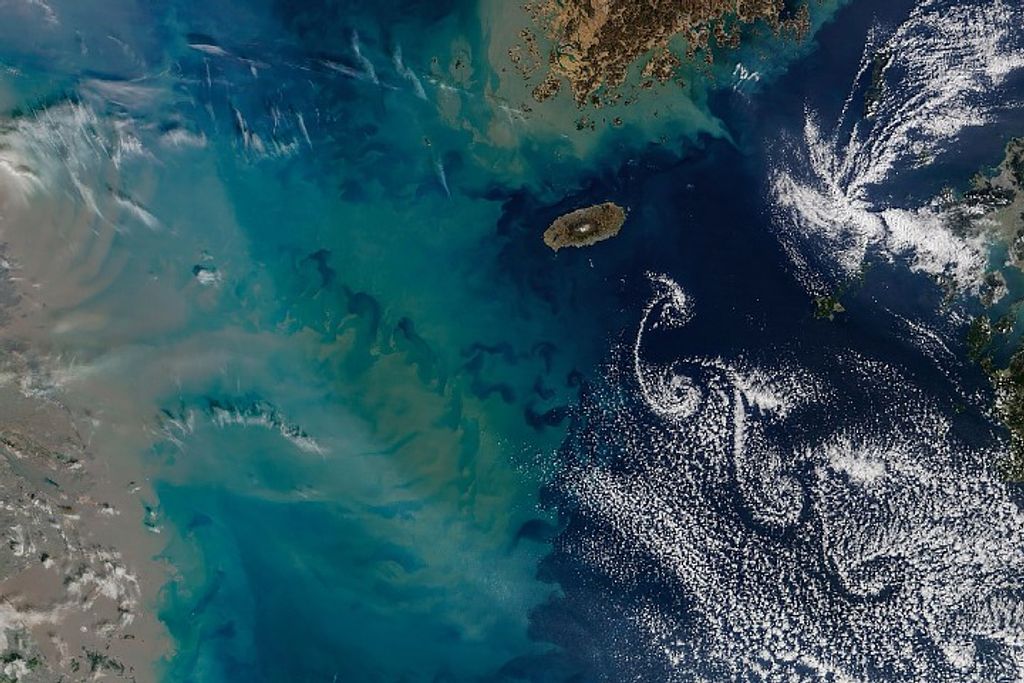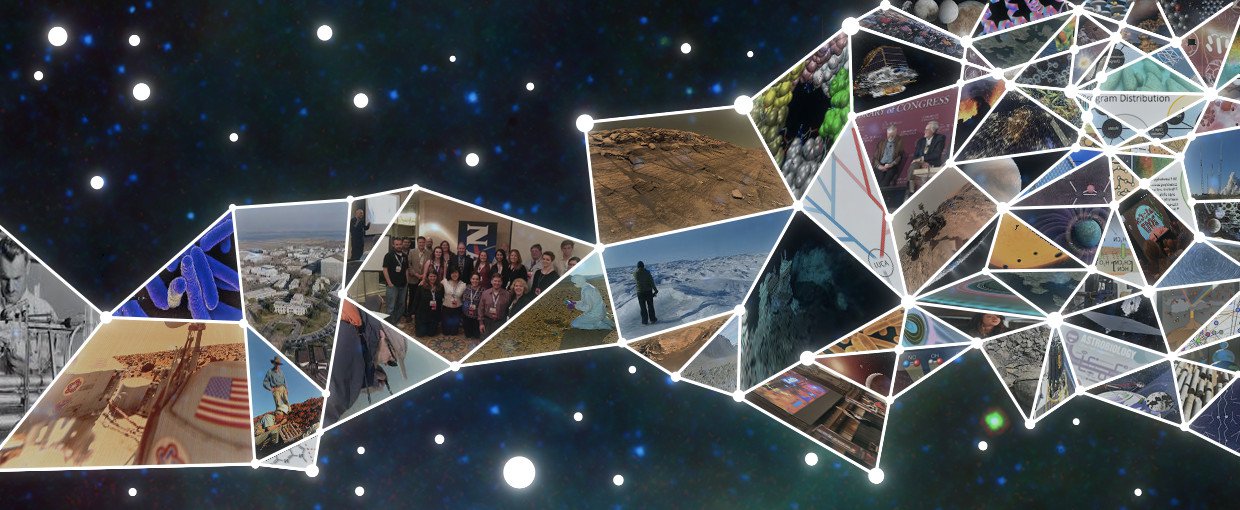NASA has announced the selection of seven new teams as part of its Interdisciplinary Consortia for Astrobiology Research (ICAR) program. The breadth and depth of the research of these teams spans the spectrum of astrobiology research, from cosmic origins to planetary system formation, origins and evolution of life, and the search for life beyond Earth.
“We’re excited to see the high level of interest in the ICAR program, and excited to see a mix of both continuing and new research programs that span astrobiology’s scientific goals,” said Stephen Rinehart, director of Planetary Research Programs at NASA Headquarters in Washington.
ICAR awards have been selected to meet the needs of the rapidly-evolving field of astrobiology. These awards facilitate large-scale scientific investigations driven by decades of research and discovery in the field. The program supports projects that use an interdisciplinary approach to address a single compelling question in astrobiology, collectively addressing the goals of the agency’s Astrobiology Strategy and ensuring that astrobiology goals are cohesively integrated with current and future NASA missions.
“We are extremely excited about the innovation and interdisciplinary nature displayed by these teams,” said Mary Voytek, senior scientist for NASA’s Astrobiology Program at NASA Headquarters.
The awarded teams are:
Dave Brain, University of Colorado, Boulder: Retention of Habitable Atmospheres in Planetary Systems
Steven Desch, Arizona State University: Tracing Rocky Exoplanet Compositions
Victoria Meadows, University of Washington, Seattle: The Virtual Planetary Laboratory: Advancing the Search for Life on Exoplanets
Raphael Rosenzweig, Georgia Tech Research Corporation: Engine of Innovation: How Compartmentalization Drives Evolution of Novelty and Efficiency Across Scales
Scott Sandford, NASA Ames Research Center: The Formation and Evolution of Prebiotic Organics in Extraterrestrial Environments: Exploring the Role of Astrochemistry in the Origin of Life
Kevin Stevenson, Johns Hopkins University: Strange New Worlds: Characterizing Nearby M-dwarf Habitable Zone Planets
Michael Way, NASA Goddard Institute for Space Studies: Habitability Space: Exploring a New Frontier via Climate Models and Planetary Statistics
“These new additions to the astrobiology research portfolio will strongly contribute to the NASA Research Coordination Networks (RCNs),” said Voytek. “ICAR and the RCNs are continuing to build collaborations, advance the mission relevance of astrobiology research, and guide and develop our early career scientists.”
The goal of NASA’s Astrobiology Program is the study of the origins, evolution, and distribution of life in the Universe. The Program is central to NASA’s continued exploration of our solar system and beyond and supports research into the origin and early evolution of life, the potential of life to adapt to different environments, and the implications for life elsewhere. NASA, together with the science community, has developed an Astrobiology Strategy that describes the scientific goals and objectives of NASA’s Astrobiology Program.
Learn more about NASA’s Astrobiology program:


























